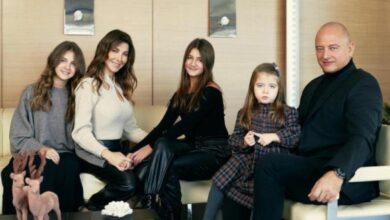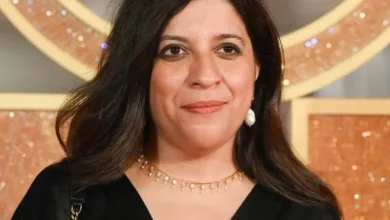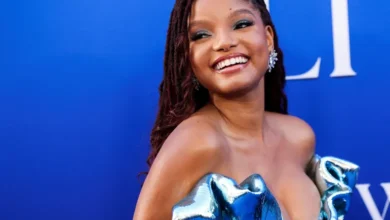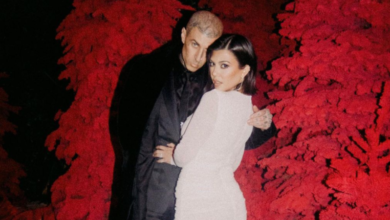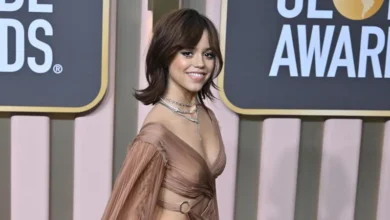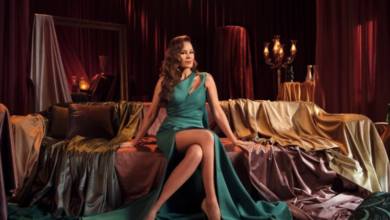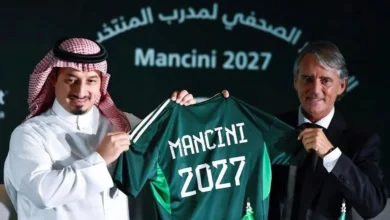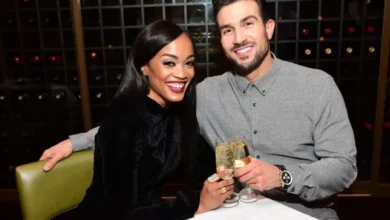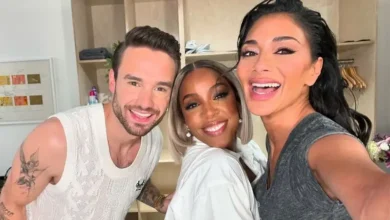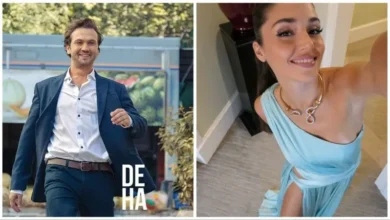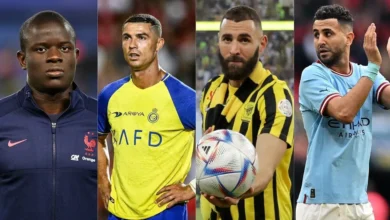Grimes says anyone can use her voice for AI-generated songs
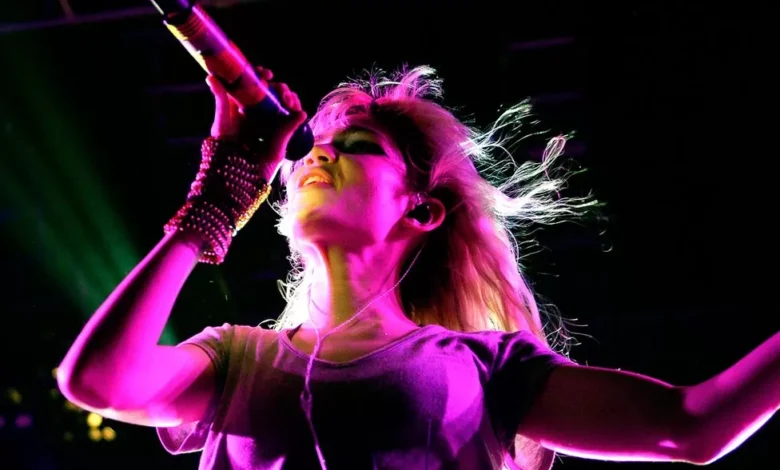
Grimes has invited musicians to clone her voice using Artificial Intelligence in order to create new songs.
The pop singer, whose real name is Claire Boucher, said she would “split 50% royalties on any successful AI-generated song that uses my voice”.
“Same deal as I would with any artist I collab[orate] with. Feel free to use my voice without penalty,” she tweeted.
Her declaration comes as the music industry scrambles to react to a spate of AI songs trained on artist’s voices
Last week, Universal Music successfully petitioned streaming services to remove a song called Heart On My Sleeve, which used deep-faked vocals from their artists Drake and The Weeknd.
In a statement, the label said “the training of generative AI using our artists’ music” was “a violation of copyright law”. However, that position has not been tested in court, and remains a legal grey area.
A report by The Verge discovered that Universal managed to get the track pulled from YouTube because it contained an unlicensed sample of the producer Metro Boomin’ saying his name, which was protected by copyright, rather than any claims over the song itself, which appears to be an original composition.
For context: Copyright law is very much based on the idea of making a copy – whether it’s of a melody or a lyric, by the use of a sample, or making a derivative work like a remix. Heart On My Sleeve did not, it seems, directly lift elements from Drake’s previous songs.
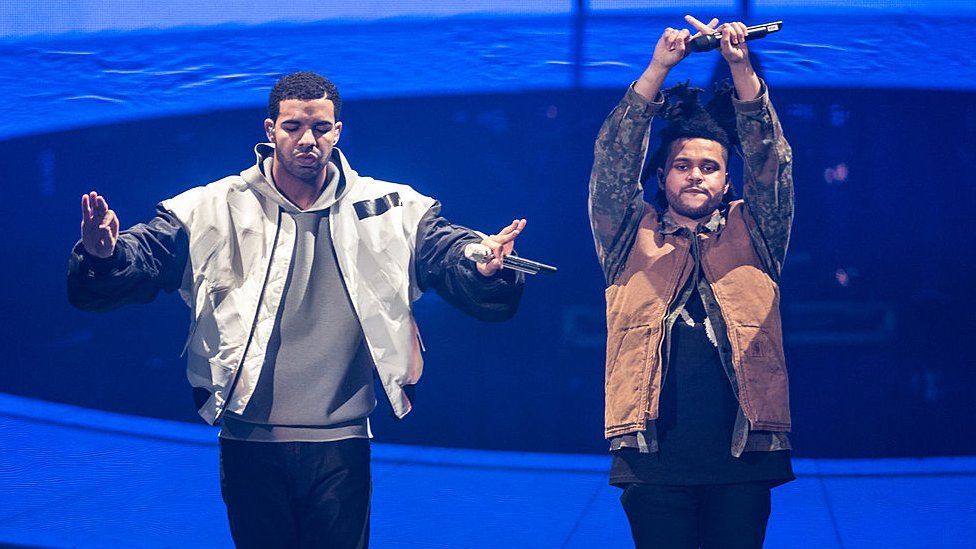
Further to this, the US Copyright Office recently ruled that AI art, including music, can’t be copyrighted as it is “not the product of human authorship”.
It is still unclear whether art that is created by a human, but which contains AI elements, can be copyrighted.
On Twitter, Grimes said she was energised by the “idea of open sourcing all art and killing copyright”.
The musician said she was already working on a programme “that should simulate my voice well”, but would also consider releasing a capella tracks for people to train their own software on..
After her announcement, fans immediately posted links to songs they had created featuring her vocals.
The Canadian artist said she was looking forward to being a “guinea pig” for the technology, adding: “I think it’s cool to be fused w[ith] a machine”.
